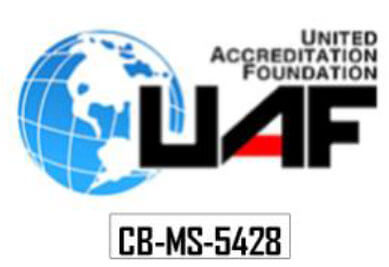Zinc Ball
Zinc is a metallic element known for its resistance to corrosion and malleability. It is used to create zinc balls, which are used in a variety of activities, including galvanizing, as sacrificial anodes for corrosion protection, and for some ornamental and artistic purposes. Following is a broad summary of how zinc balls are made:
Zinc Ball Manufacturing Process:
- Raw Materials: The primary raw material for manufacturing zinc balls is zinc, typically obtained in the form of zinc ingots or other zinc-containing alloys.
- Melting: The zinc is melted in a furnace to form a molten liquid.
- Casting: Molten zinc is poured into spherical molds, which can be made of various materials, including steel or cast iron. These molds have cavities in the shape of spheres, and as the molten zinc cools and solidifies, it takes on the spherical shape.
- Cooling and Solidification: The molten zinc in the molds cools and solidifies, forming spherical balls.
- Trimming and Finishing: After solidification, the zinc balls may undergo trimming and finishing processes to remove any excess material and achieve the desired size and shape. This step is crucial for maintaining dimensional accuracy.
- Surface Treatment (Optional): Depending on the application and customer requirements, the zinc balls may undergo surface treatments like plating or coating to enhance their performance or appearance.
- Quality Control: Throughout the manufacturing process, quality control measures are implemented to ensure that the zinc balls meet the specified standards. This includes dimensional checks, surface quality inspections, and chemical composition analysis.
- Packaging and Shipping: Once the zinc balls pass quality control, they are packaged according to customer requirements and prepared for shipment.
It’s important to note that the specific manufacturing process may vary depending on the desired size, shape, and application of the zinc balls. DSP Precision Products Pvt Ltd, as a manufacturer, would have its own proprietary processes and quality control procedures to meet the specific requirements of its customers.




